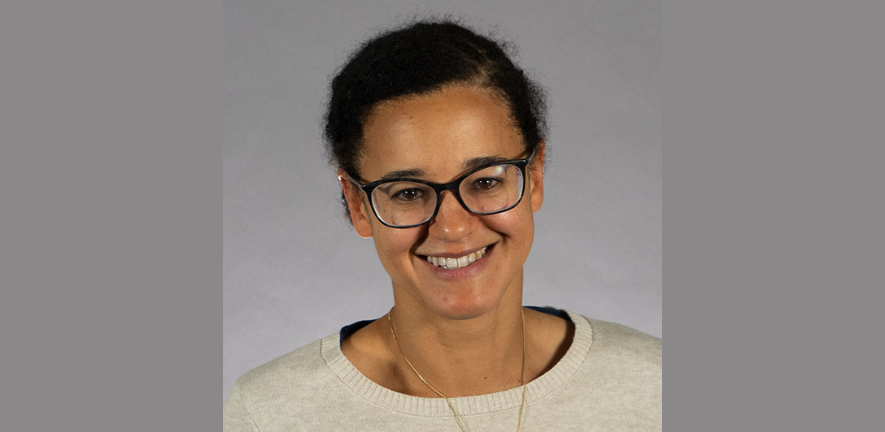
Submitted by Jane Durkin on Mon, 07/10/2024 - 11:33
Nicola Patron, head of the Plant Molecular Engineering group at the University of Cambridge, has received a five-year grant to fund a new International Research Center for Enhancing Plant Resilience.
The grant is from the recent call, ‘Global Centres (GC) addressing global challenges through bioeconomy’. This is a multinational call led by the National Science Foundation (NSF) of the USA with awards totaling nearly $82 million.
The International Research Center for Enhancing Plant Resilience
The new International Research Center for Enhancing Plant Resilience is based at Michigan State University and brings together partners from the USA, UK, Canada, Korea and Japan.
Dr Patron is UK lead for the project alongside co-investigators Benjamin Lichman and Ian Graham from the University of York.
The centre will address urgent agricultural problems and explore sustainable solutions for agriculture. It addresses the critical challenge of stabilizing global food production amid unpredictable weather patterns and increasing environmental stressors. By discovering and harnessing natural products from plans and microbes, it aims to enhance plant and soil health and create natural solutions to stabilize crop productivity.
Dr Patron said “Research on the natural products made by plants and microbes has identified numerous molecules and drugs that have improved human health. This chemical diversity also provides the potential to enhance plant health and resilience against climate
change.”
She added “We are excited to be a part of the Global Center for Plant Resilience that aims to enhance agricultural resilience through green chemistry by exploring the untapped chemical diversity of plants and microbes. This project will build on our previous work to produce sustainable alternatives to pesticides."
2024 Global Centres awards
2024 Global Centers awards focus on advancing bioeconomy research to solve global challenges, whether by increasing crop resilience, converting plant matter or other biomass into fuel, or paving the way for biofoundries to scale-up applications of biotechnology for societal benefit.
The program supports holistic, multidisciplinary projects that bring together international teams and scientific disciplines, including education and social sciences, necessary to achieve use-inspired outcomes. All Global Centers will integrate public engagement and workforce development, paying close attention to impacts on communities.
Partner agencies include the National Endowment for the Humanities in the U.S.; the Natural Sciences and Engineering Research Council (NSERC) of Canada and Social Sciences and Humanities Research Council (SSHRC) of Canada; the Research Council of Finland (RCF) and Innovation Funding Agency Business Finland; the Japan Science and Technology Agency (JST); the Republic of Korea Ministry of Science and ICT and the National Research Foundation of Korea; and the UK Research and Innovation Biotechnology and Biological Sciences Research Council (BBSRC).
“Alongside replacing fossil fuels, there is an urgent need to replace petrochemical industrial feedstocks across a wide range of sectors. This is a global challenge that requires global solutions and UKRI is delighted to be partnering in the NSF Global Centers 2024 programme to meet this need”, said UKRI CEO, Professor Dame Ottoline Leyser. “The announcement today will be at the forefront of real-world solutions, from improved recycling to new bioplastics, building a sustainable circular economy. The centers will create the global networks and skills needed to drive a thriving bioeconomy benefitting all.”
